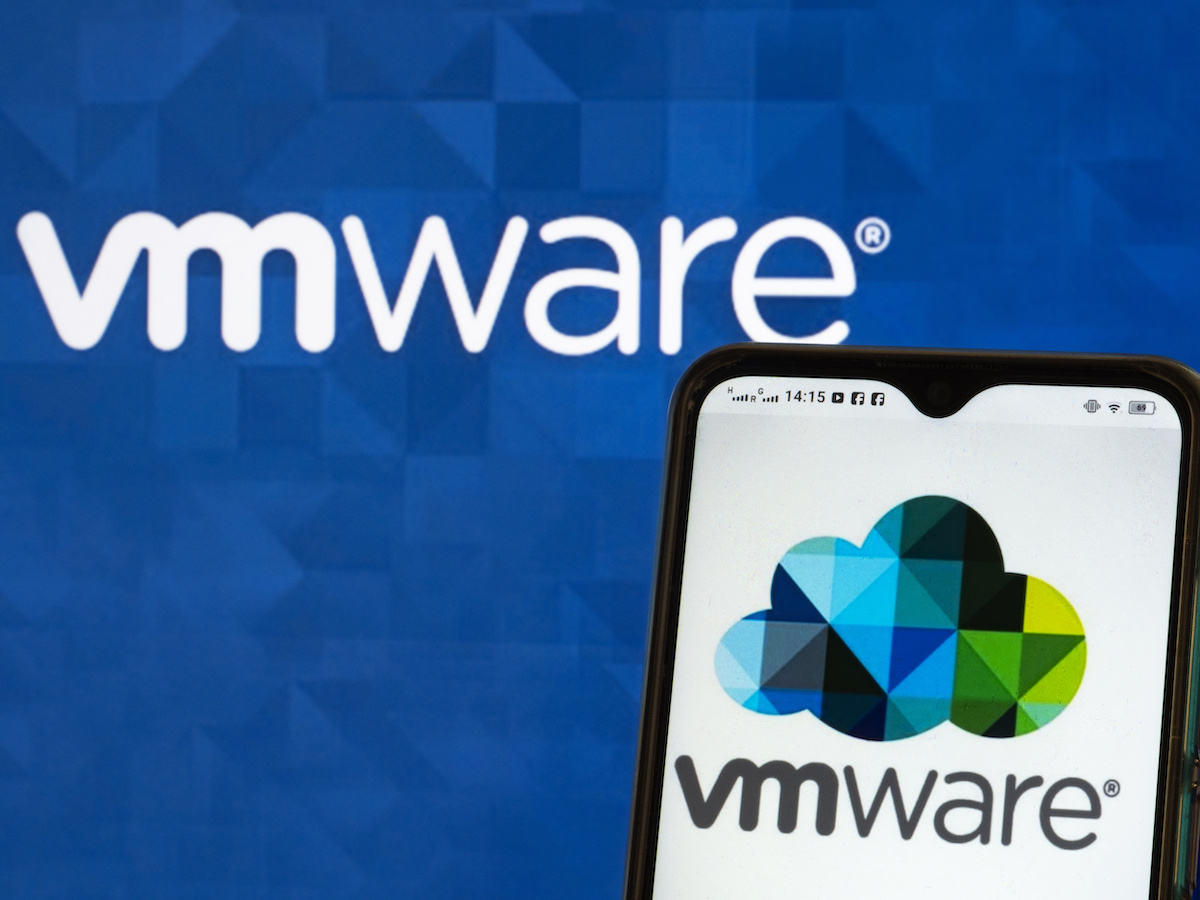Cloud computing
Latest stories
More stories
-
How does cloud storage work?
Cloud storage involves using remote servers accessible via the Internet to back up corporate data. Synchronization with workstations allows automated recording of document changes in real time. How cloud storage works Cloud storage involves the complete outsourcing of the IT infrastructure dedicated to storing company data. The remote servers are rented from specialized service providers […] More
-
Webstorage is a powerful storage solution for customer data
Webstorage, also known as local web storage, is a recording technique that allows data to be saved directly in the client’s browser instead of being uploaded to the company’s servers. The data is stored for the duration of the Internet session or longer. Webstorage is a form of storage employed by companies providing online services […] More
-
Is free backup software a reliable backup solution
Numerous IT service providers have invested in the computer backup market, and offer solutions adapted to companies that involve the installation of backup software on workstations, whose role is to send a copy of digital documents to the company’s internal network or to remote servers via the Internet bakup software: are the “free” offers suitable […] More
-
How does a NAS server work?
To safeguard a company’s strategic data, several devices are available, among them the NAS server. This physical server allows to store a large amount of data, to prevent their possible loss and to access them remotely. How does a NAS server work? Here are some explanations. NAS server, what is it? The Network Attached Storage […] More
-
Network hardware
Setting up a network hard drive is an excellent solution for backing up important business data. Network hard drives have large storage capacities, full availability and unlimited access via different media: PC, Smartphone, tablet… How to choose the right network hard drive? What are the criteria to put forward to select the most adequate material […] More
-
Media storage
Storing and backing up a company’s internal documents has become an imperative as data has become so strategic for the proper conduct of business. Different storage media are available on the market. Which ones? Here are the main ones, the most efficient ones. Storage media: hard drive is the safe bet Embedded directly within a […] More
-
All about IT outsourcing
More and more companies specializing in the niche of IT services for businesses are offering a complete outsourcing service. But what is hidden behind this term? In what does a service of computer outsourcing consist? What are the services provided? What are the advantages for the companies? What you need to know on the subject. […] More
-
Outsourced backup: method and advantages
Reading time : 2 min The outsourced backup is for a company to entrust the management of the backup and security of its data to an external provider. A solution that more and more companies are using because of the simple and fast method on which the outsourced backup is based but also because it […] More
-
OVHCloud ticks the most boxes
What are the criteria for a sovereign cloud? How do the major providers position themselves with respect to each? Here is an overview. How to define today what is a sovereign cloud? JDN asked Philippe Latombe, a Modem deputy, a member of the National Assembly’s law commission and an expert on the cloud. Here is […] More
-
Cloud Computing market
According to the December 2014 edition of PAC’s CloudIndex, the maturity of companies with regard to the Cloud continues to grow and the adoption of its solutions has even jumped – due in particular to the prior underestimation of actual usage. As a result, 55% of companies now say they use Cloud solutions, compared to […] More
-
Cloud business model set for big changes, says VMware
Enterprise blockchain may still be in experimental mode, but it could soon change the way applications and systems are designed, moving from an architecture managed by individual organizations to architectures in which applications and data are shared and secured across multiple entities – in essence, a truly decentralized form of computing. There are many cloud […] More
-
Multi-cloud architectures is a new deal in cybersecurity
Over the past few years, the cloud revolution has profoundly transformed the IT business models of organizations across all industries. A majority of organizations now use multiple applications and cloud hosting services, integrated within a single information architecture. This “multi-cloud” model has become popular due to its many operational advantages, but it is not without […] More














